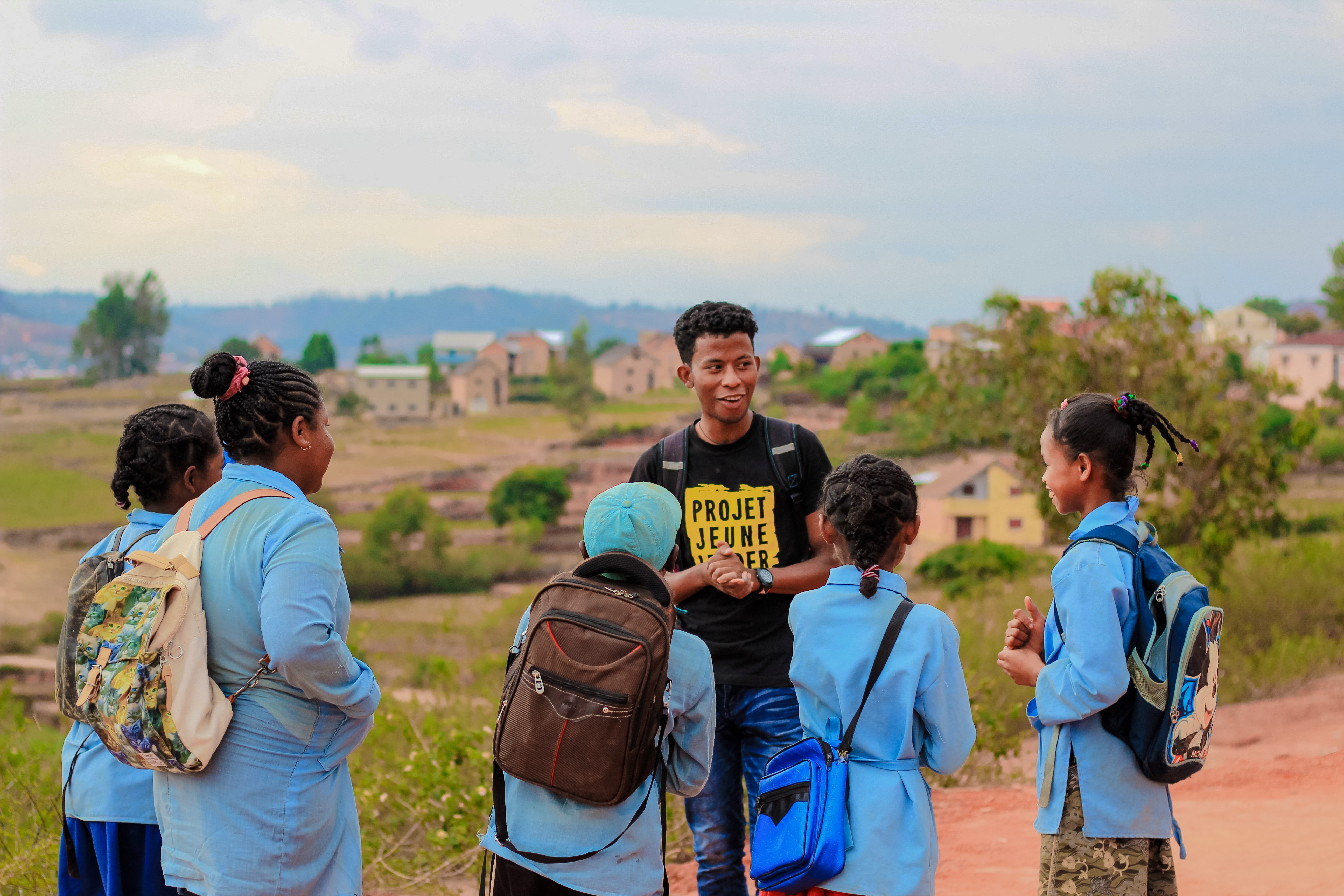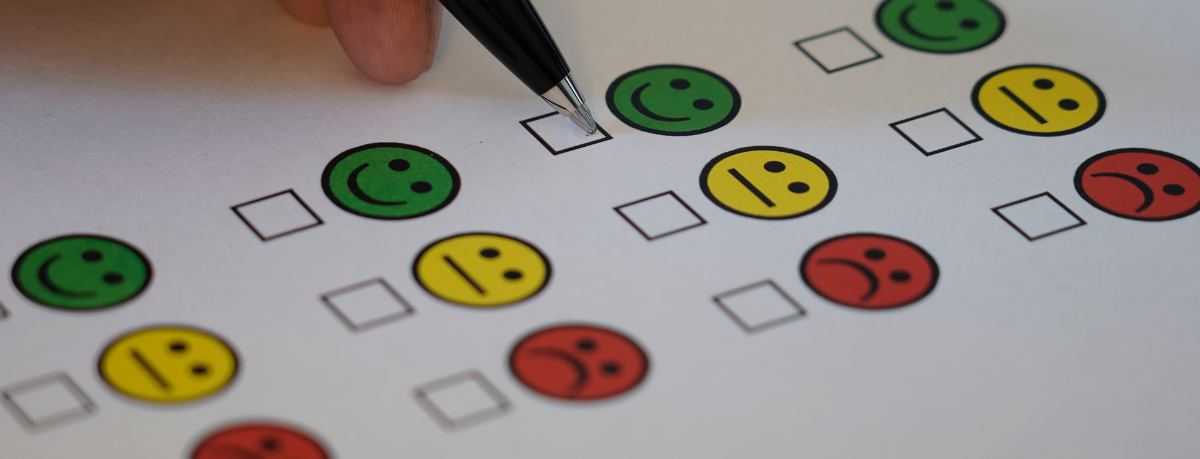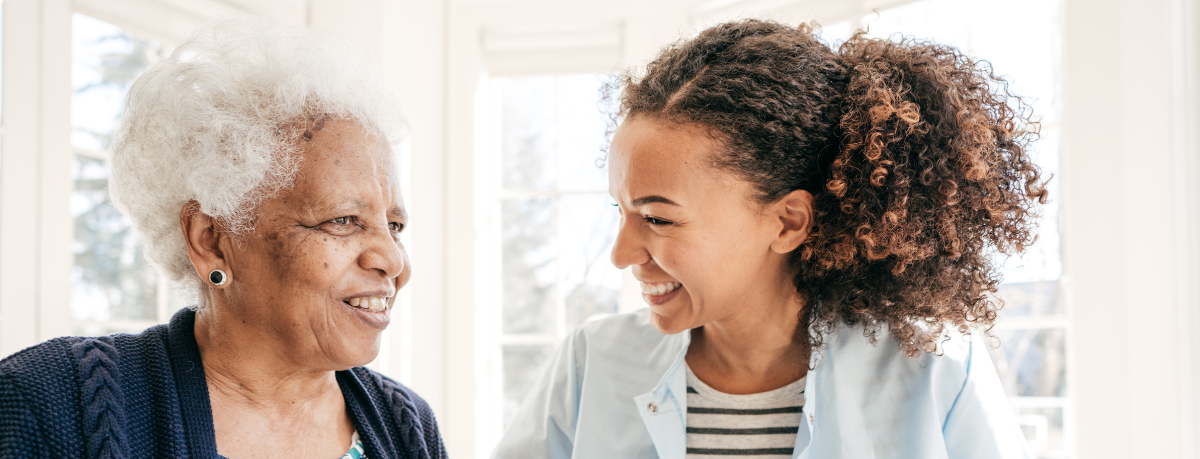Fall 2020 -- my last year as an undergraduate and simultaneously my first semester completely online. Not to mention, my first virtual placement with an established community-based organization – Ability Online- with the goal of developing my first program evaluation… suffice to say, it was a bit of an overwhelming time.
Ability Online offers an inclusive online social media platform for young adults with disabilities or health challenges called MyAbility.ca. They strive to facilitate connection, community building and peer support amongst members through weekly live chats, discussion forums, direct messaging, and tailored resources. The platform is supported by one paid full-time staff - the Executive Director, and otherwise operates on the support, commitment, and expertise of students, volunteers, and community partners.
Having recently completed my placement with Ability Online, I wanted to share 3 key pieces of advice that I learned about partnering with a community-based organization and working with various stakeholders:

1. Schedule Meetings and Go Prepared
During the first few weeks of my placement, it became very clear, very quickly that it was crucial to:
- Schedule regular meetings, and
- Prepare for the meetings beforehand.
Preparing for a meeting could include:
- Compiling talking points and/or questions, and
- Determining areas that you require clarification or further exploration in.
Overall, it’s important to show your community partner that you are committed to their organization. Knowing community organizations and stakeholders are quite busy, it is important to use the time you have together efficiently, and maintain open lines of communication over email between scheduled meetings. Finally, think of going into meetings as an opportunity to gain experience and represent yourself not only as a student but as a future professional.
2. Feedback (Positive or Negative) Is A Good Thing
With ongoing and open lines of communication with stakeholders comes the opportunity for feedback. Community partners will often offer constructive feedback to students with the intent of fostering their personal and professional development and maximizing their time in placement. Therefore, if you have the opportunity to get feedback from a community partner, - take it!
For example, I shared components of my program evaluation during its development stage with the Executive Director of Ability Online and asked for feedback. One of my course assignments was to create a ‘logic model’ of the organization, which is a descriptive, sequential model or framework that details how a program functions (McLaughlin & Jordan, 2015). Ability Online did not have a logic model to work from, so I spent some time creating my own. It was a particularly valuable exercise to share the logic model and creation process with the Executive Director. All feedback or insight shared by a stakeholder should be taken seriously and acted on promptly, especially if your community partner (like mine) wants to see progress as changes are made!
Overall, it is important to remember that you are an asset to your community partner. As a student, you have up-to-date access to knowledge, tools, and resources related to program evaluation– such as the logic model template- that you can share with stakeholders and who can benefit from it.
3. Ask Questions!!Lastly, and probably the most cliché of all, don’t be afraid to ask questions. As a placement student partnering with an established community organization, they expect you to have questions. If you have them, ask them! If you don’t have any, spend some time familiarizing yourself with their platforms, and find some. Your community partner will surely be glad you are showing an interest and learning as much as possible about their organization during your time with them!
In closing, student partnerships with community organizations can no doubt be intimidating, but they are ultimately a great experience. Not only do you have the chance to apply theory from coursework into practice, but you also get to learn the ‘dos’ and ‘don’ts’ of working in a professional capacity with an organization and gain valuable experience that you can add to your resumé and reference list!
This blog is part of a series in collaboration with Brock University. Written by a student in the ‘Program Evaluation in Professional Practice’ course led by Dr.’s Corliss Bean and Meghan Harlow, this blog details a student’s experience engaging with stakeholders while conducting a program evaluation in placement with Ability Online.
Learn more:
.png)




